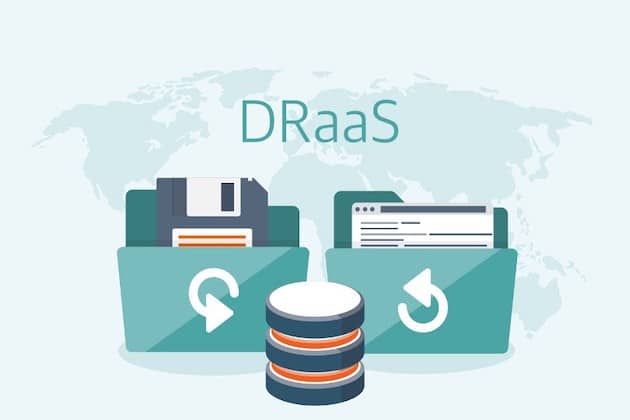What is Disaster Recovery-as-a-Service (DRaaS)
Disaster recovery as a service (DRaaS) is a cloud computing and backup service model that uses cloud resources to protect applications and data from disruption caused by disaster. It gives an organization a total system backup that allows for business continuity in the event of system failure.
DRaaS is often offered in conjunction with a disaster recovery plan (DRP) or business continuity plan (BCP).
DRaaS is also known as business continuity as a service (BCaaS).
Techopedia explains Disaster Recovery as a Service (DRaaS)
DRaaS enables the full replication and backup of all cloud data and applications while serving as a secondary infrastructure. It actually becomes the new environment and allows an organization and users to continue with daily business processes while the primary system undergoes repair. DRaaS allows these applications to run on virtual machines (VM) at any time, even without a real disaster.
DRaaS is also available to organizations that employ on-premise solutions. Making it a workable gateway and sandbox to test cloud computing. It requires an organization to replicate a system on the cloud without discarding its on-premise system and, once backed up, enables testing of such a system.
DRaaS advantages are as follows:
- Multisite: Because DRaaS is 100 percent cloud computing, resources are replicate to many different sites to ensure continuous backup in the event that one or more sites is unavailable.
- Array agnostic: DRaaS replicates any environment and does not favor one vendor or platform.
- Granular or comprehensive: Depending on customer requirements, if not all data requires backup, an organization can reduce costs with flexibility protection.
The disaster recovery-as-a-service market will register a CAGR of close to 36% by 2022.
Adoption of DRaaS reducing enterprise need for secondary data centers to drive growth in the market
As DRaaS solutions manage corporate data and applications. DRaaS providers are focusing to automatically perform tasks that require human intelligence with the help of AI and machine learning.
Improved manageability and protection
DRaaS ensures continuity of business operations in case of an outage. Through a web-based control panel, DRaaS improves security and visibility of networks and servers with real time activity.


